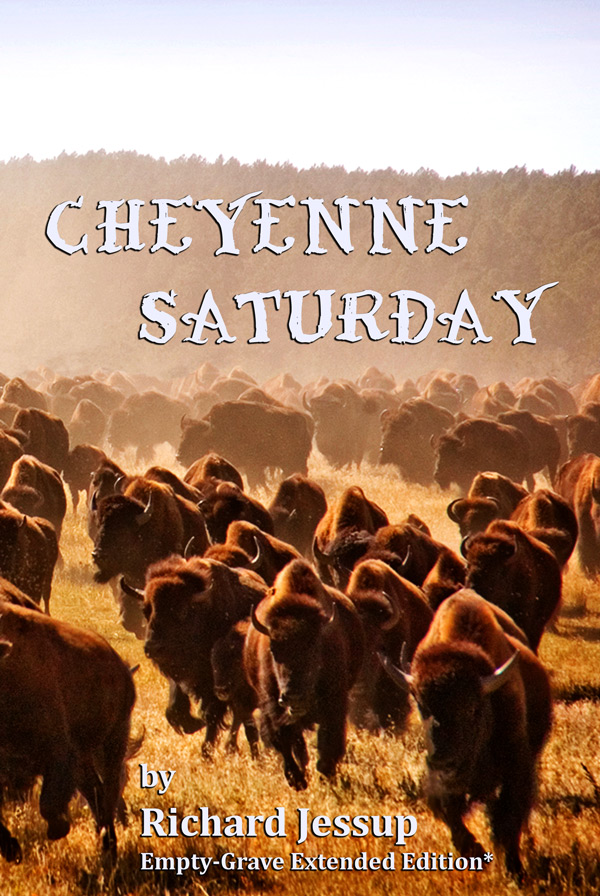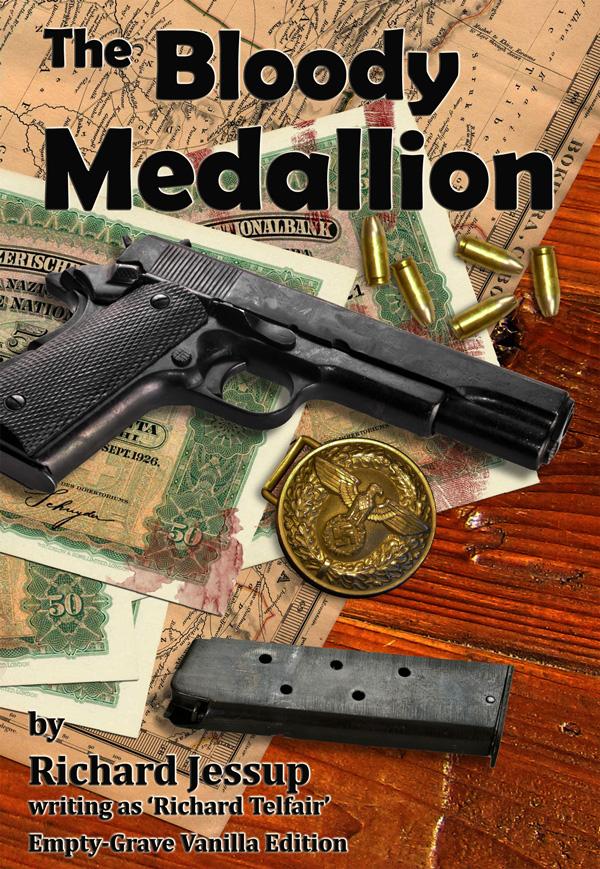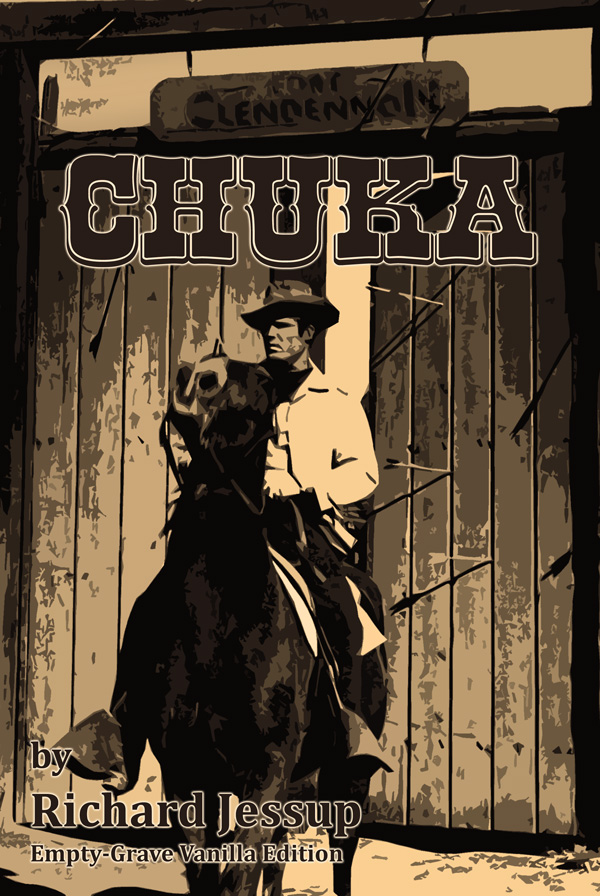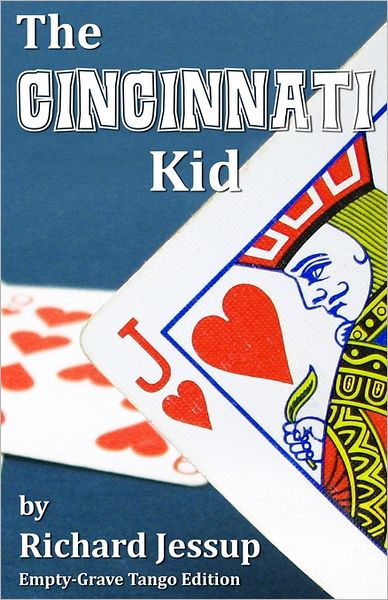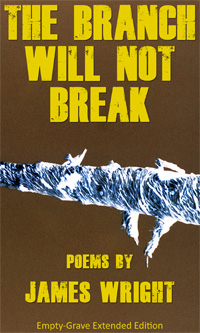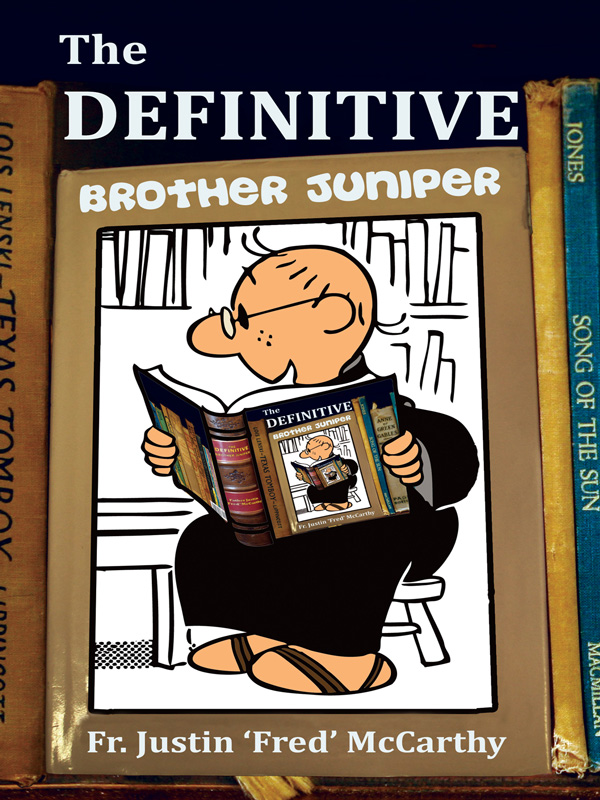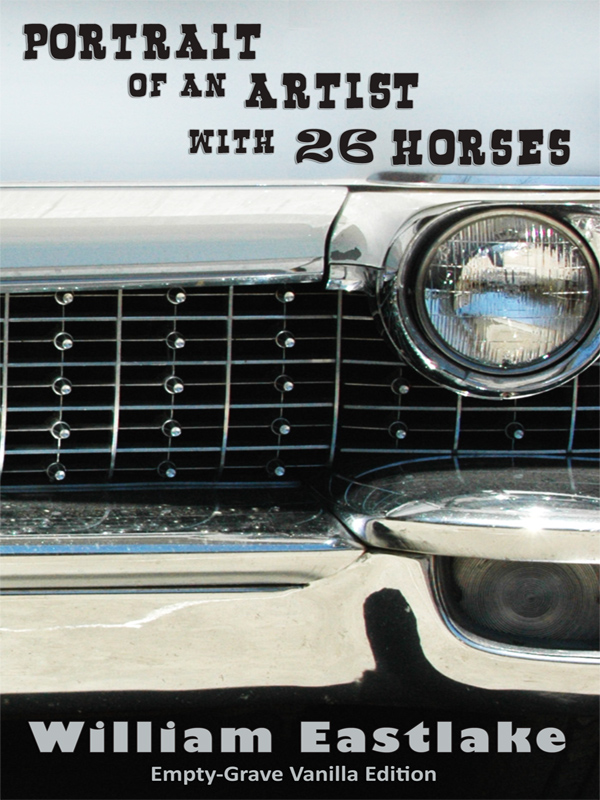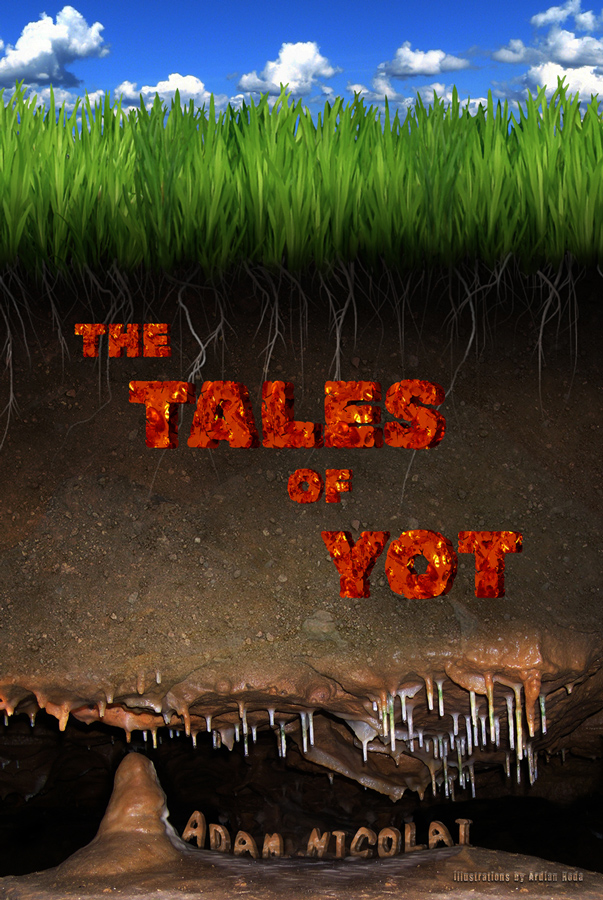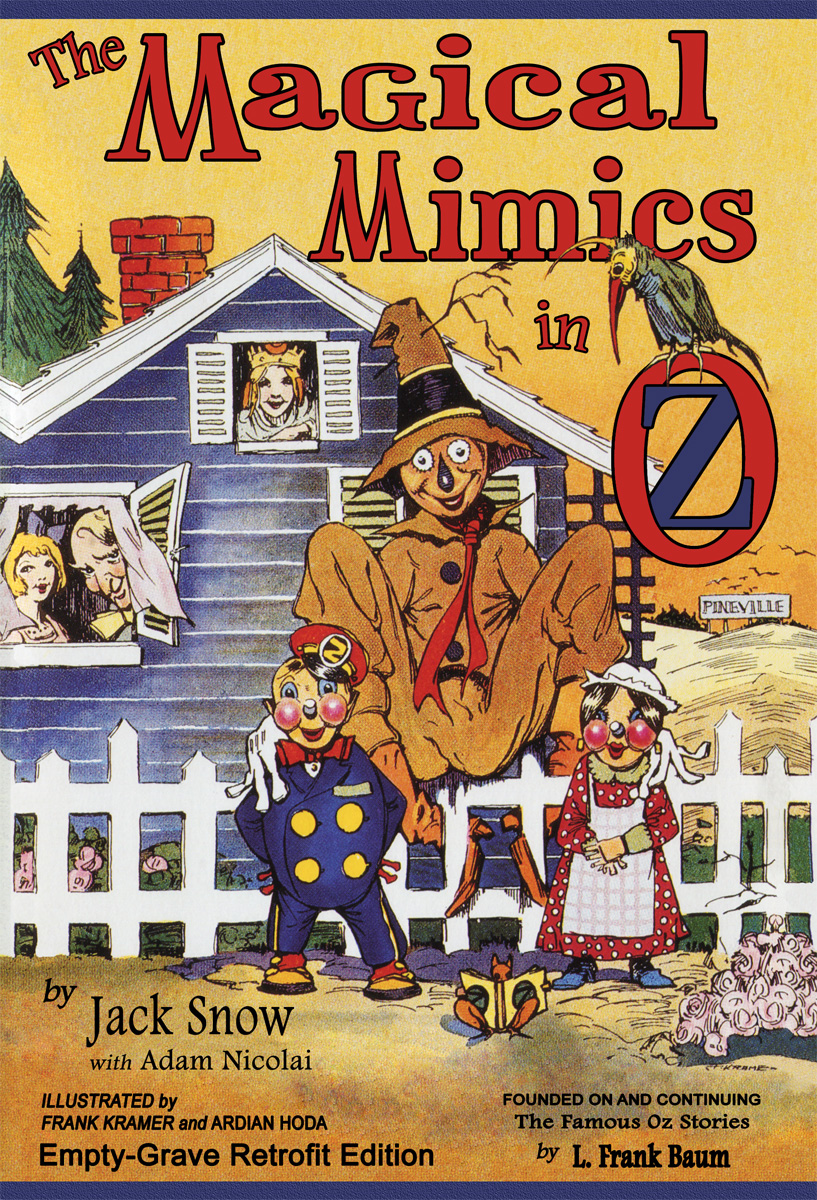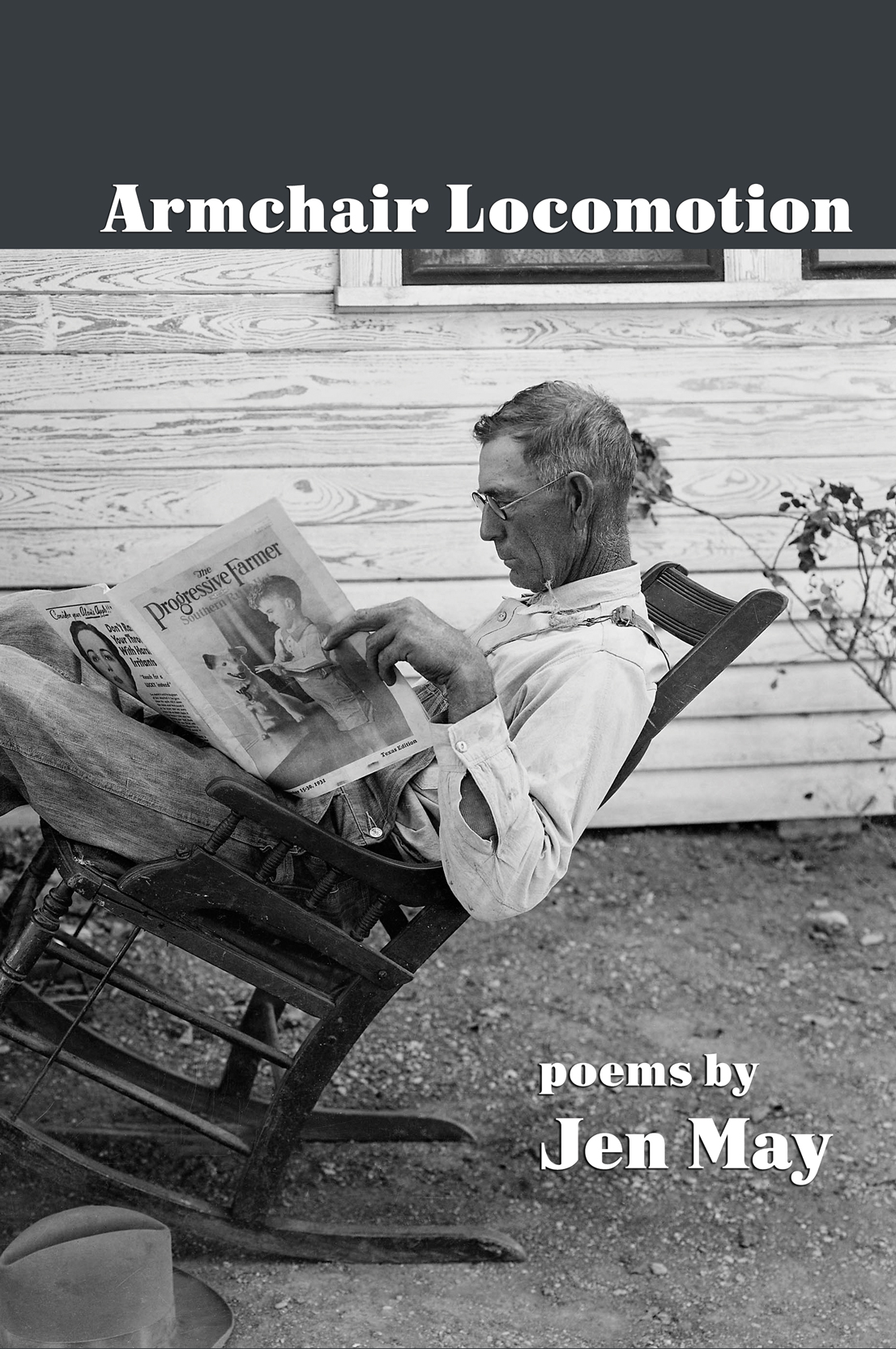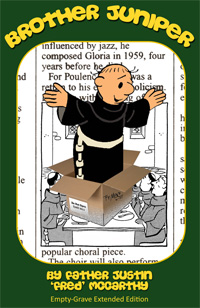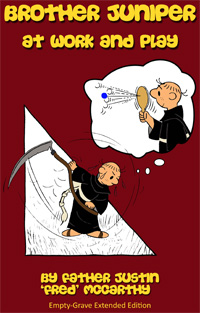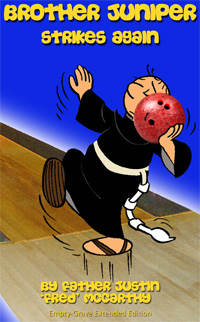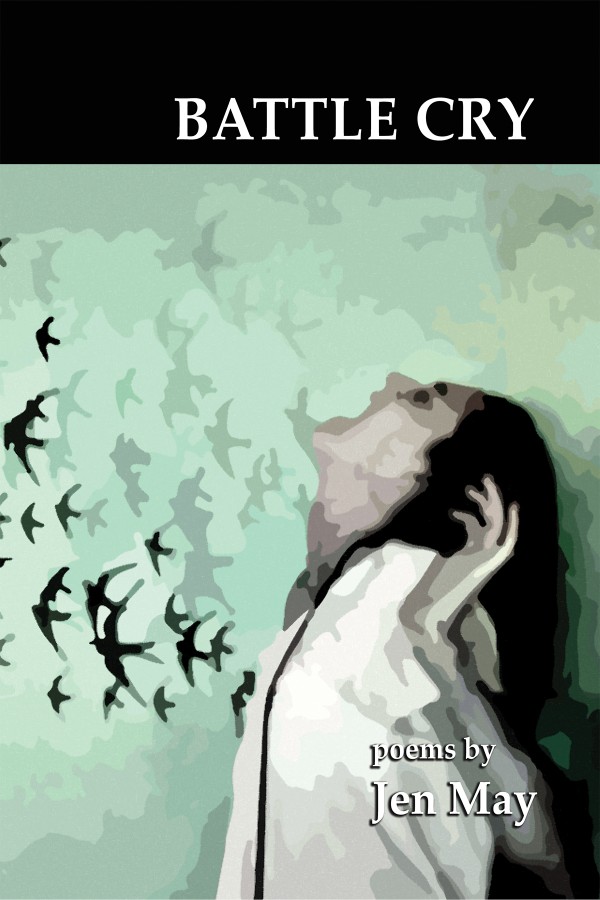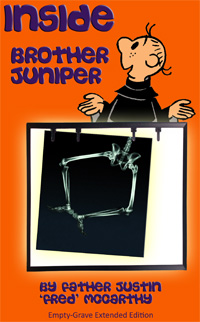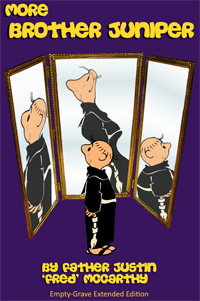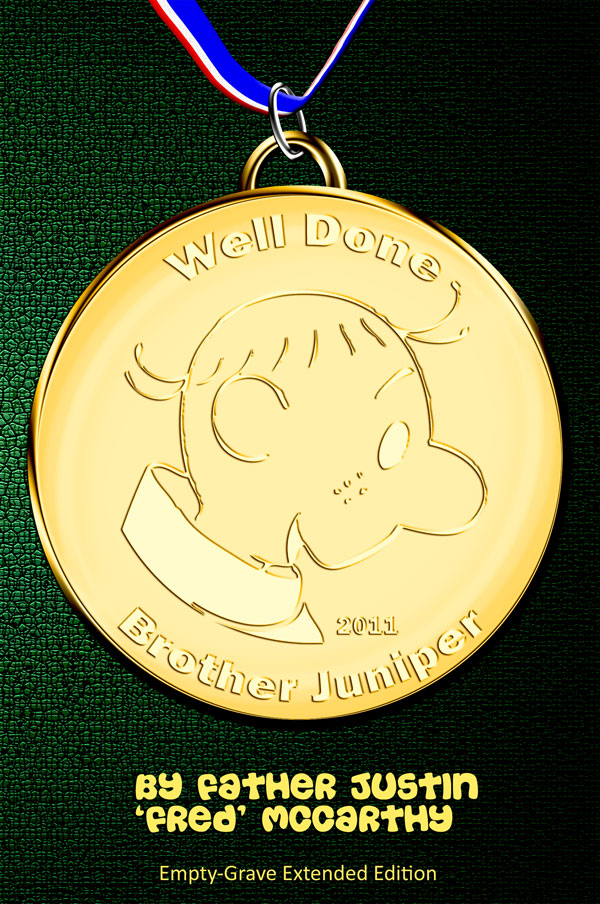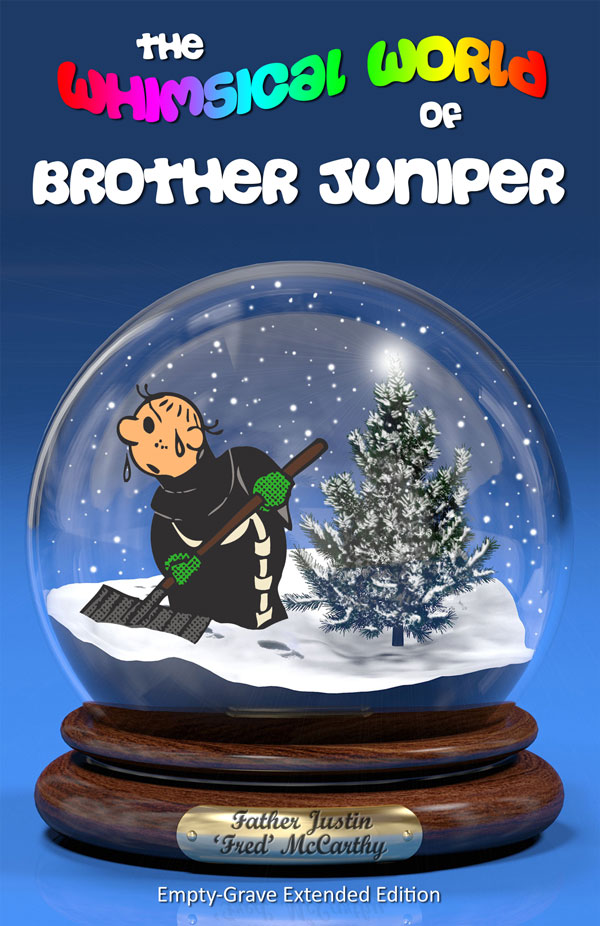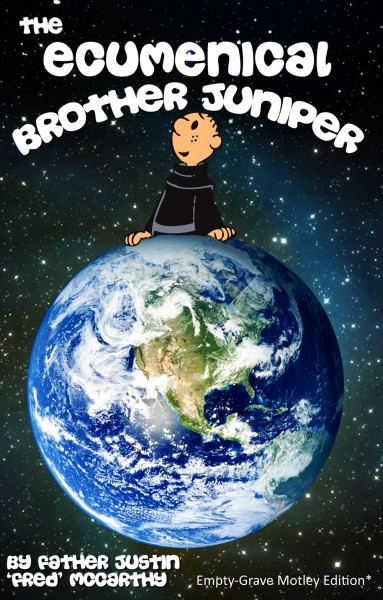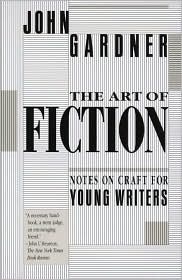Everyone who writes likes to know how he or she is doing. As you start out, no matter how well you think you are writing; chances are good you still harbor the dreaded trappings of what John Gardner calls—The Amateur.
Before reading The Art of Fiction, I did not consider the “READER” as a factor in my writing output. It was all about word choice, and creative ideas. I had the pleasure of taking a critical look at The Art of Fiction for a creative writing class assignment dealing with a teaching instruction. Of the many titles assigned, I chose this book because of the high regard it had with my professor. I figured my instruction to the class might not simply be a recital of facts, and a glance at the table of contents, made one thing very clear—particularly Part 2—I was definitely going to be learning from this book, not just reciting for class—and learn I did.
In his book, The Art of Fiction: Notes on Craft for Young Writers, Gardner directly explores and illuminates the mindset and techniques of effective fiction writing. Truthfully, the examination is at times a hard pill to swallow and the reader/writer may find himself or herself worriedly ruminating over their abilities as a writer. Gardner displays his skills and knowledge with a fine precision; he points out and then routs out common misconceptions and errors in beginning writers and writing in general. The reader will know quite intentionally if they are “an amateur”.
For myself, I consider my writer’s skin to be thick enough to receive constructive criticism. Upon diving into The Art of Fiction, its effectiveness hit me at once as Gardner’s direct examples of amateur writing played across page, reflecting into my eyes—the exact kind of writing I was doing at that time! I had to question honestly, whether I had ever tried to learn anything about writing and storytelling. Certainly, I know words, and I make sentences. With these communicative tools, I say the things that I want the reader to know about my writing (not to mention make me feel good about myself as a writer).
However, thus revealed, is a standard misconception (and ego issue) a beginning writer is likely to hold on to—for dear life: The Reader must know that I am a great Writer.
The book addresses the serious question; how exactly will the writer (beginner or veteran) convince the reader (avid or casual) that he or she is a great writer? Is “convince” even an effective approach? Here begins my journey with this little book.
For example, bringing all my cohesive contemplation to bear on any prodigious project, I might expend extraordinary effort on word choice, only manifesting considerable focus on the grandiose for its effect, with nil perusal on dross—this reflective endeavor thusly generating due awe.
Seriously, yuck! Alliteration, consonance and some assonance aside—that is some unwieldy writing—no part of that sentence is reader-friendly. If I were to consider a few of the guidelines Gardner lies out, and swallow up my ego, that sentence could simply read:
For example, I used to think too much about my snappy word choices.
All this showiness brings me to my greatest discovery while reading The Art of Fiction. Gardner implores the would-be writer, for the reader’s sake, to hold on to the notion that good fiction is the result of the writer subverting his or her desires as a writer, and simply telling the story they mean to tell as if recounting an “uninterrupted, vivid dream.” This core concept came over me so simply I thought I must have read it wrong. It was, for me, the first time I had ever felt the total obliteration of a paradigm in my own head with a complete, immediate, and new cognizance of writing concepts I thought I fully grasped.
Suddenly, all my previous writing was irrelevant and I knew exactly why! This should have horrified me, but it was joyous!
Even the pieces I had turned in that week for a grade. They were full of me being full of myself. Bludgeoning the poor reader (my professor) again and again with how verbally and verbosely great I thought I was. These works were, at the time, the best I could do, and they were terrible and there was nothing I could do about it.
Well, there was one thing to do—get writing! Which I did, and am doing now. My writing feels new and fresh to me and I never once feel my ego plastering the walls with bravado and contrivance. (Even when the very thing I am writing is a contrivance!)
The lasting aspect of The Art of Fiction seems, to me, to be its wealth of scope. It is not a very long book, but it is so packed with what a writer needs (whether they will like it or not), and it is always engaging the reader with meat, no fat here at all. I expect to read, and re-read this book many times (three times as of this piece (four times as of this revision)) regardless of my skill as a writer. I have spent time with writing books in the past, but none hit me so hard and so close to the mark I needed to be aware of to produce the kind of writing that makes me happy to be writing.
Consider this book to be a wrecking ball, a parachute, and a safety net all in one. Imagine that scene in The Matrix when Neo lies back in the machine, a neophyte nobody (Gardner would perhaps prefer just the word “fledgling”), and when he stands up after the machine does its work, rather than saying, “I know Kung-Fu,” he would instead say, “I know how to write.” I would say The Art of Fiction has done this for me.
This review and slight essay blossomed with all the precepts I picked up from the book in discussion, and I know after looking this article over I would have never settled for such easy diction and clear prose. My omnipresent old tendencies, some would call it skills, would have gloriously kicked in, and I, the claxon of written words would certainly arise to you the reader, a babe of humble experience, then precipitate to prove my superiority with relentless, forceful adjectives and obscure words of abstraction buttressing many harrowing sentences with far too many comma splices and concepts ranging all over many nebulous ideas while never really coming home on any particular point leaving you, the reader, feeling like somebody just shook your head very fast while spinning you quickly around at the edge of a cliff to let you wobble on its precipitous edge dangerously close and very certainly to plummet into the chasm, dashed upon the hard rocks of my terribly constructed, and blustery prose—Ahhhh. . . . At one hundred and thirty words I just can’t go on, sorry Mr. Gardner! (Page 203: Exercise 3: Write three 250 word sentences.)
- $12.99
